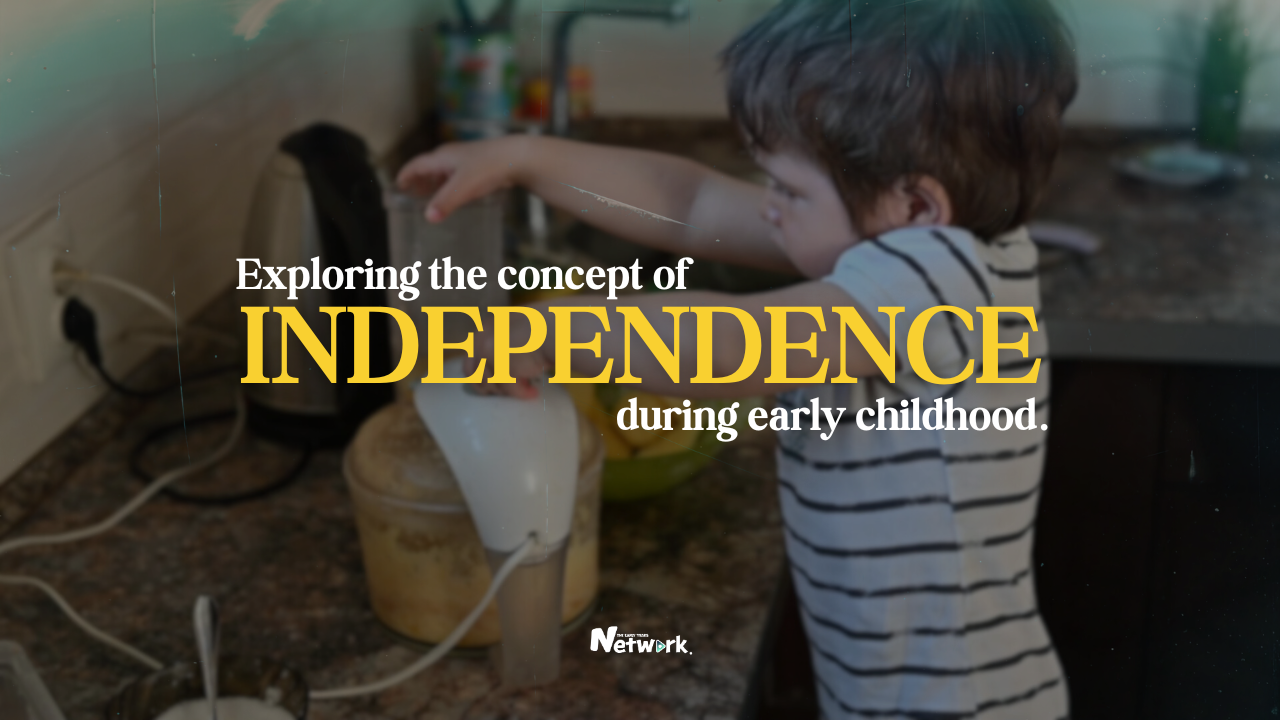
Weekly Show #5: The Episode All About Independence In Early Childhood
This week Ben & Emily explore the topic of independence in the early years and how learning these life skills is crucial for their development. Learning to be independent across all facets of life and education is a crucial step for any child, however requires plenty of support, patience and guiding on our end! Within this podcast, Ben & Emily discuss some effective methods to help educators develop children's independence skills, the impact of independence across all areas of development including emotional, educational and social concepts, as well as some of the key factors that drive independence growth and development.
Some Ideas & Strategies To Foster Independence Within Your Early Years Routines
- Mealtime: The process of preparing and sharing food within a social environment provides such a rich opportunity for developing invaluable skills, knowledge, confidence and motivation that all help to establish and develop levels of independence. Mealtime can often become a rushed process and as a result these learning opportunities are often missed or hurried through in order to move onto the next part of the day. However, the learning the can be driven out of these mealtime experiences is often just as valuable, if not more, as the activities we are neglecting mealtimes for. Below are just a number of simple ways to try and incorporate more opportunities for independence during mealtimes.
Encouraging the use of cutlery
- All ages can be encouraged to use their forks/spoons at meal times to lay the foundations of life longs skills.
Self serving meals
- Giving children the chance to make a choice about how much food they need (with adult support);
- The skills of patience as they wait their turn;
- Children will have the responsibility of ensuring they have everything they need at meal times, plate, cutlery cup etc.
Pouring drinks
- The physical skills for this task can also be developed
- Knowing how much to pour and making that judgement for themselves
- Having the chance to fill up the jug themselves and pour a drink - Open Ended Resources & Activities: When resources are open ended the children are then in control of their learning and where they take an activity.
Open ended resources can include: sand, water, paint, play dough, wooden bricks, natural resources...anything that does not have a fixed outcome!
These activities and resources allow children to be independent learners and help them to develop confidence in choosing what it is they wish to do and learn each day. - Opportunities For Decision Making:
- Choosing a cereal for breakfast
- A choice of drink at snack of mealtimes
- Accessible resources allow children to decide what they would like to play with
- Free flow environments allow for children to dictate where they play
- Open ended questions through play to scaffold learning helping them to make decisions as they play and learn - Accessible Personal Belongings:
- Pegs for personal belongings to give children a safe space for all of the things they care about;
- Water bottles being out and available at children’s reach to help build independence of staying hydrated;
- A place to put pictures or crafts that they have created so that children know they will be safe;
- Placemats at meal times so children can independently find a place to sit and eat surrounded by peers they enjoy the company of. - Group projects: Working together within a collective group to complete a task or project provides children with exposure to opportunities to develop independence skills not usually accessible during independent play or many other forms of typical play. Through group projects children will naturally find ways to work together independently from adult intervention, thus developing their ability to problem solve, negotiate, settle conflict, develop motivation etc, etc. Learning independence doesn't just mean playing or learning in isolation. Social environments often provide some of the best opportunities to develop independence as children have to find solutions independently from their usual source of information or guidance, aka the adult.

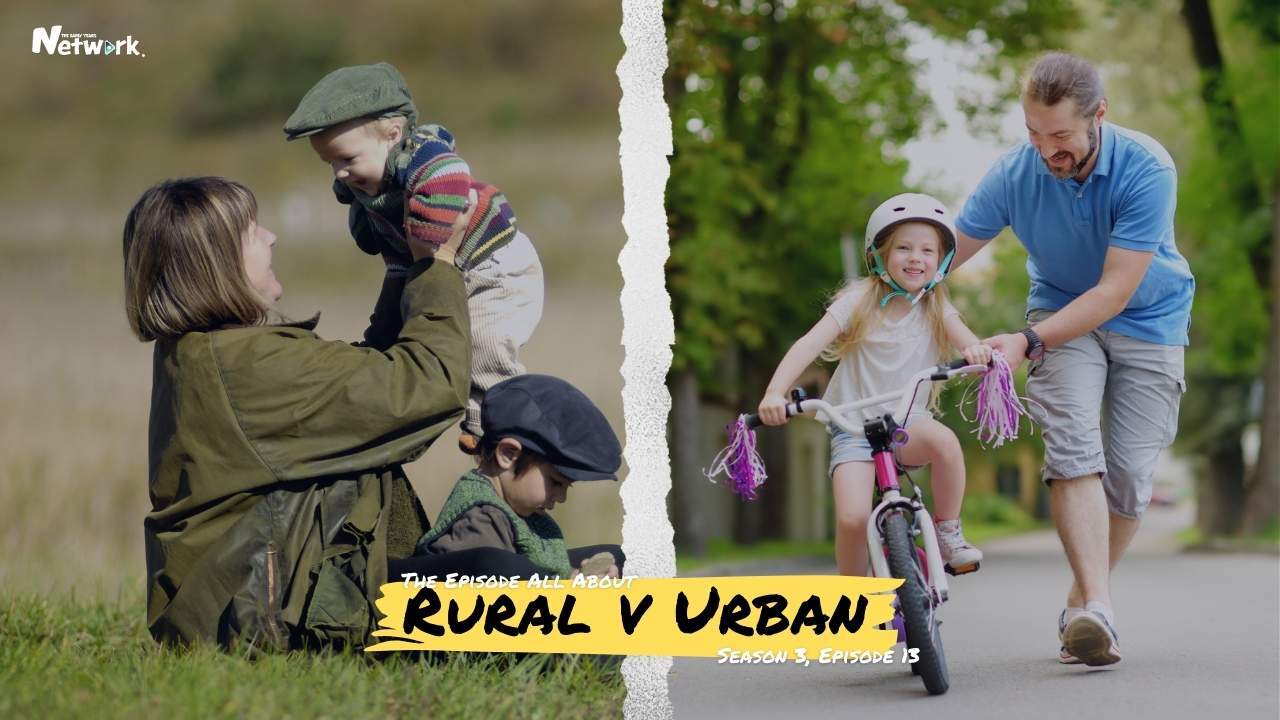
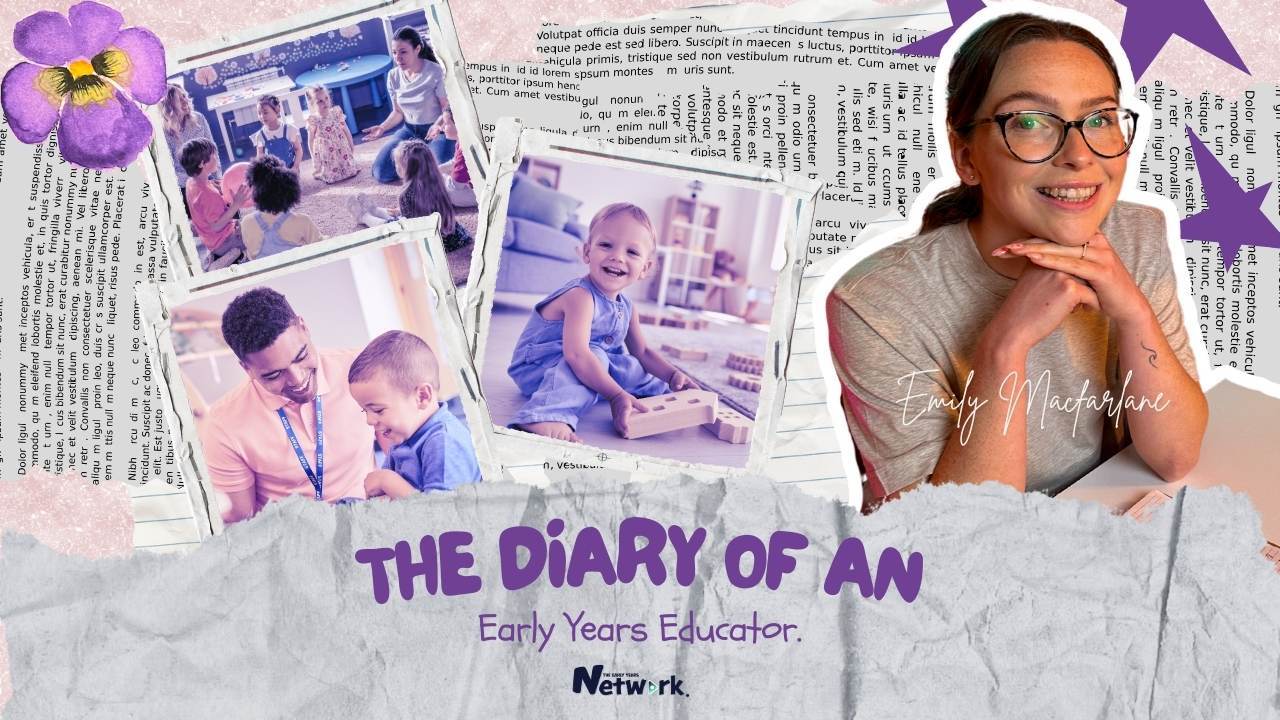
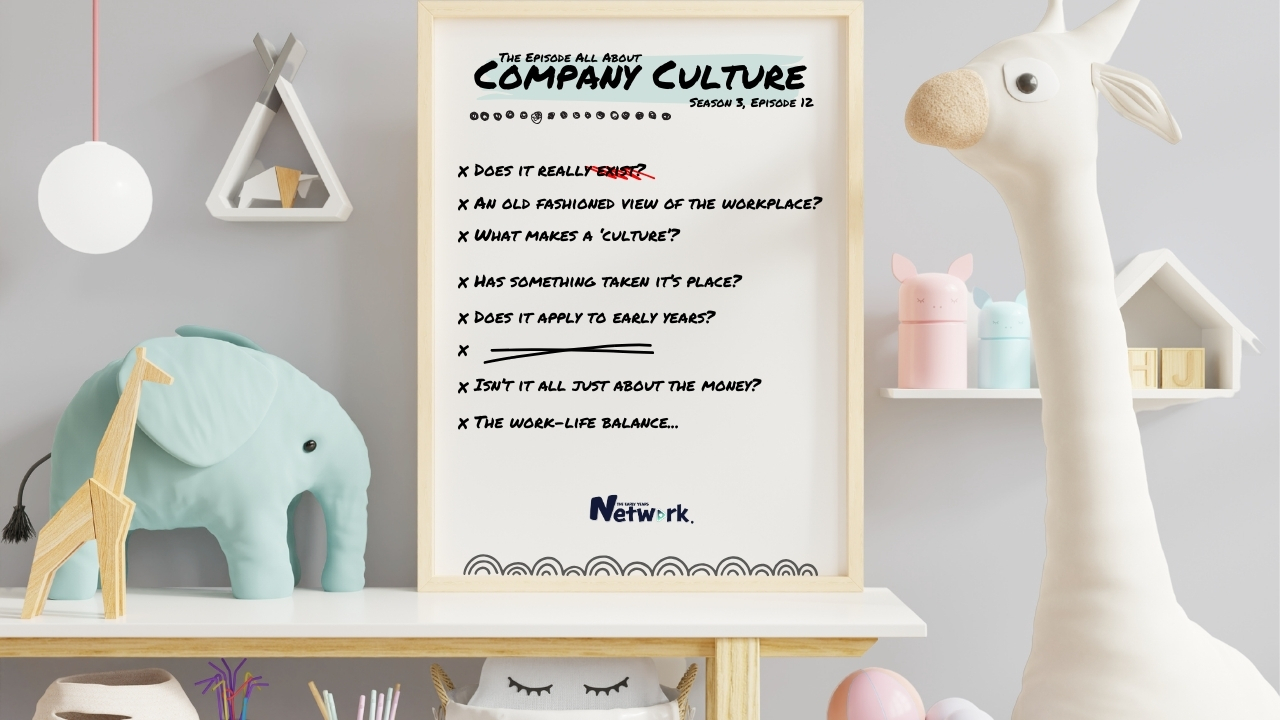
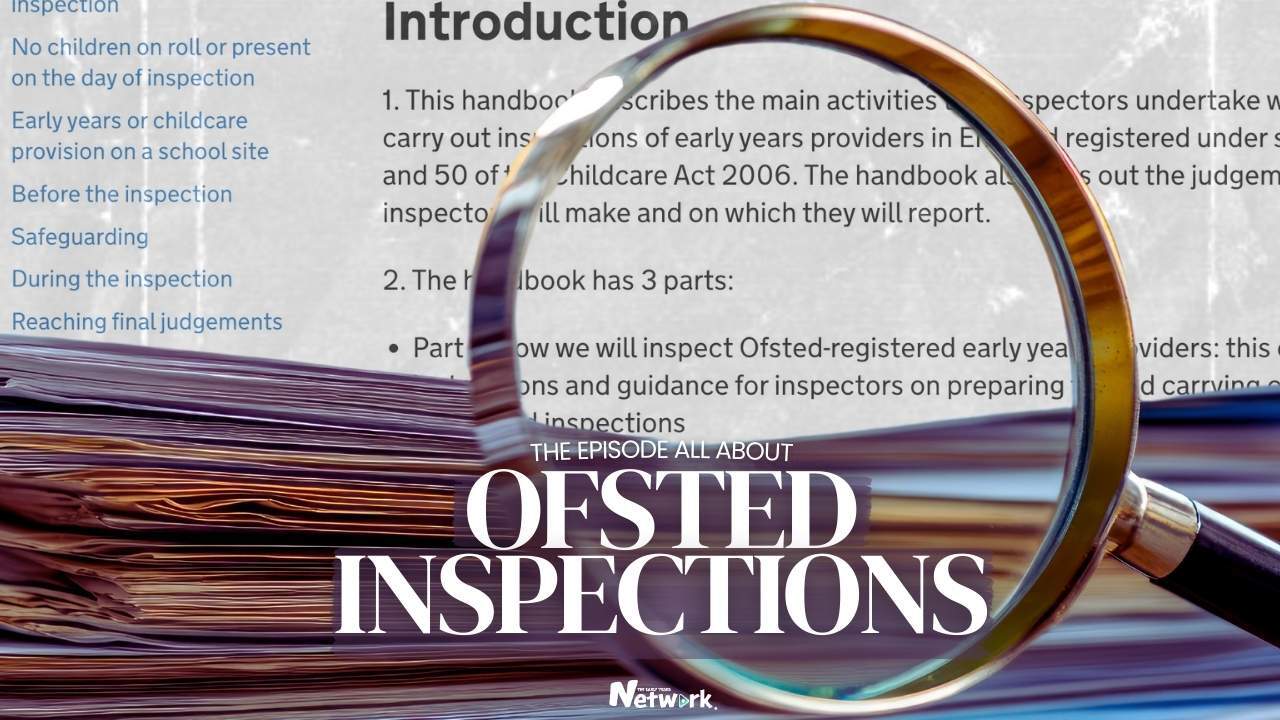
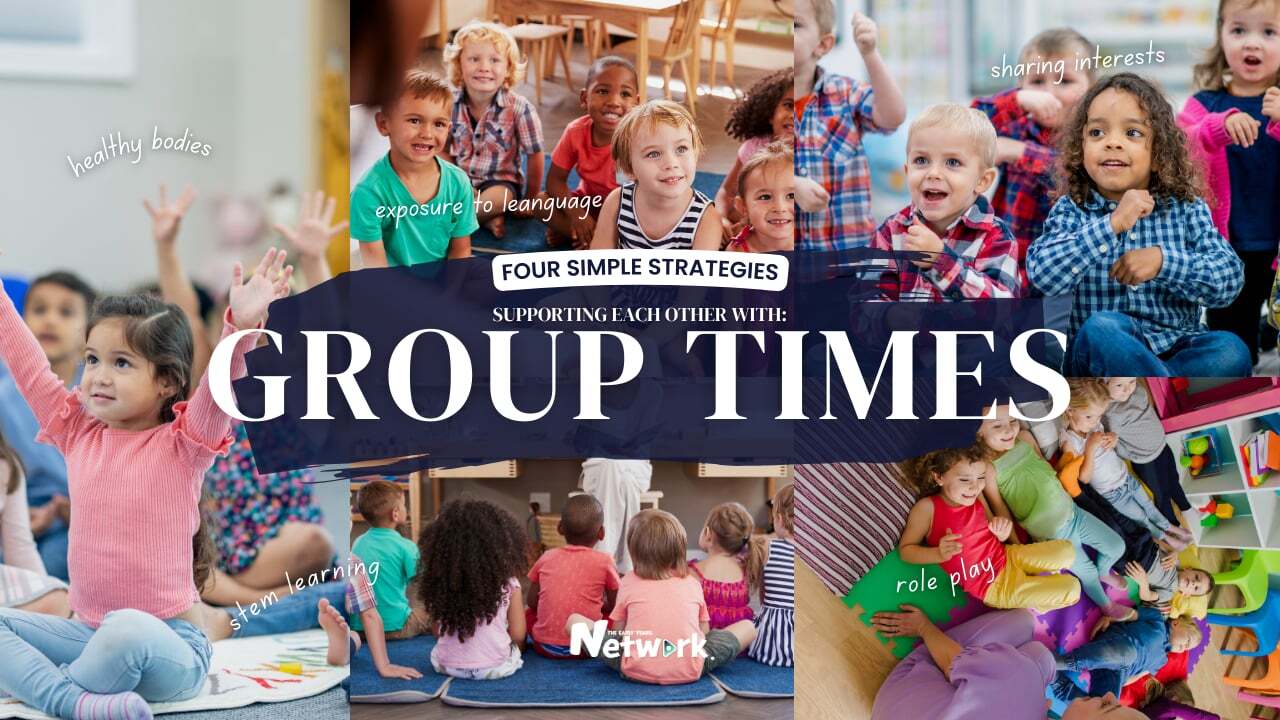
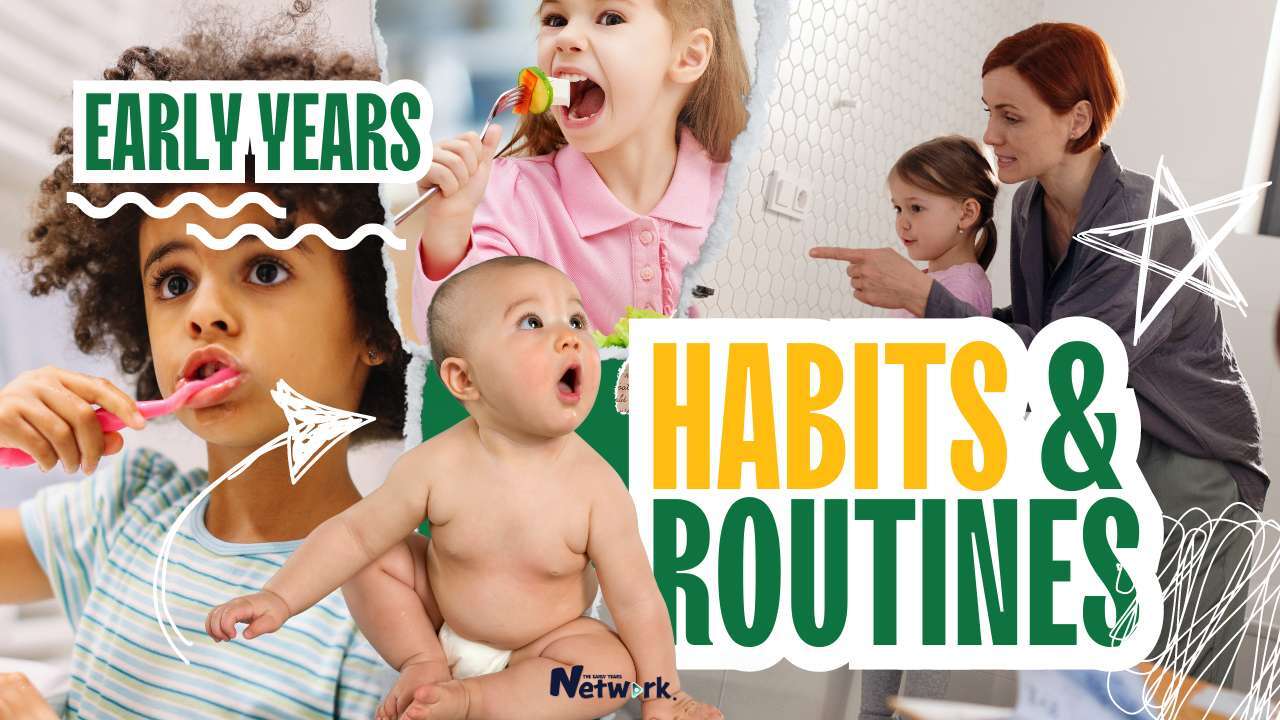
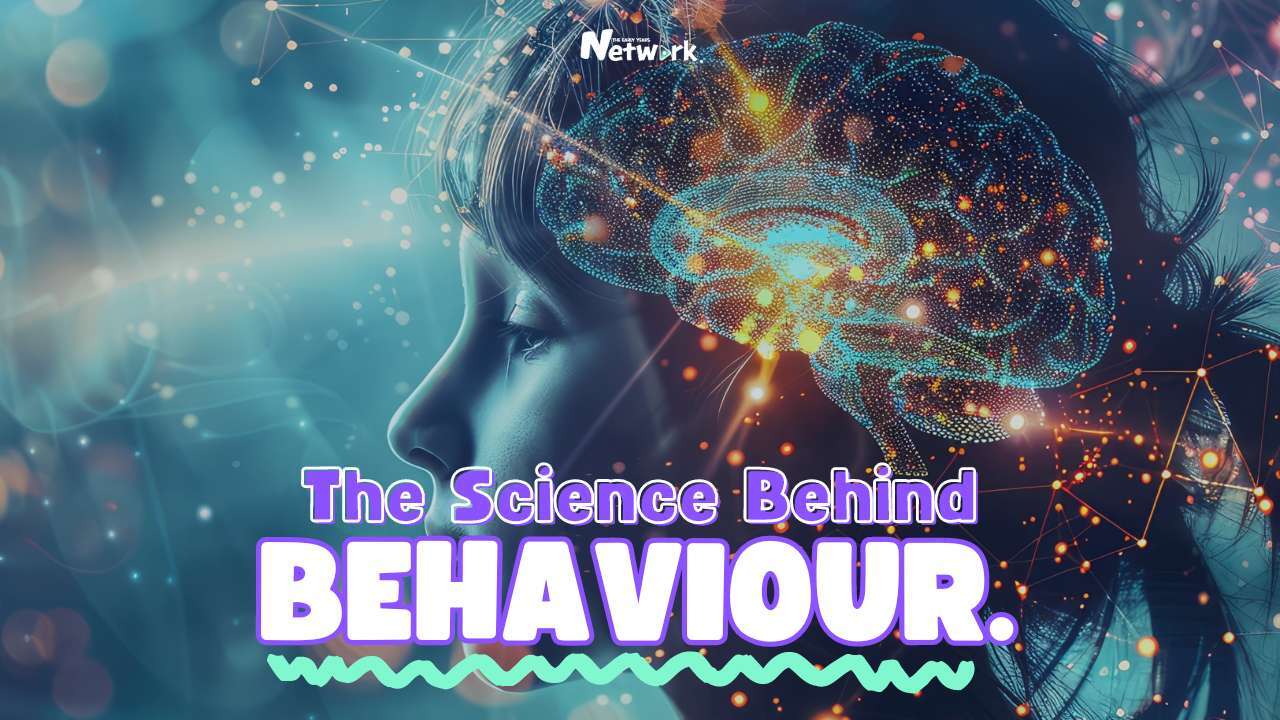
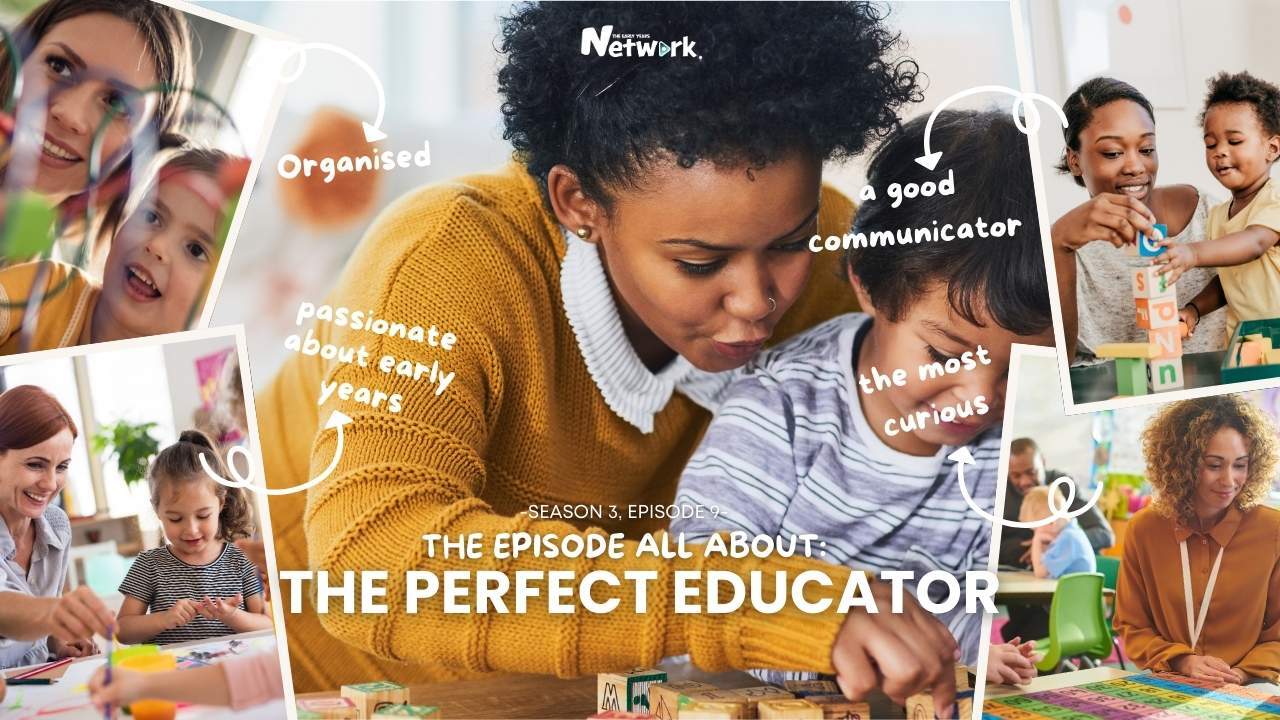
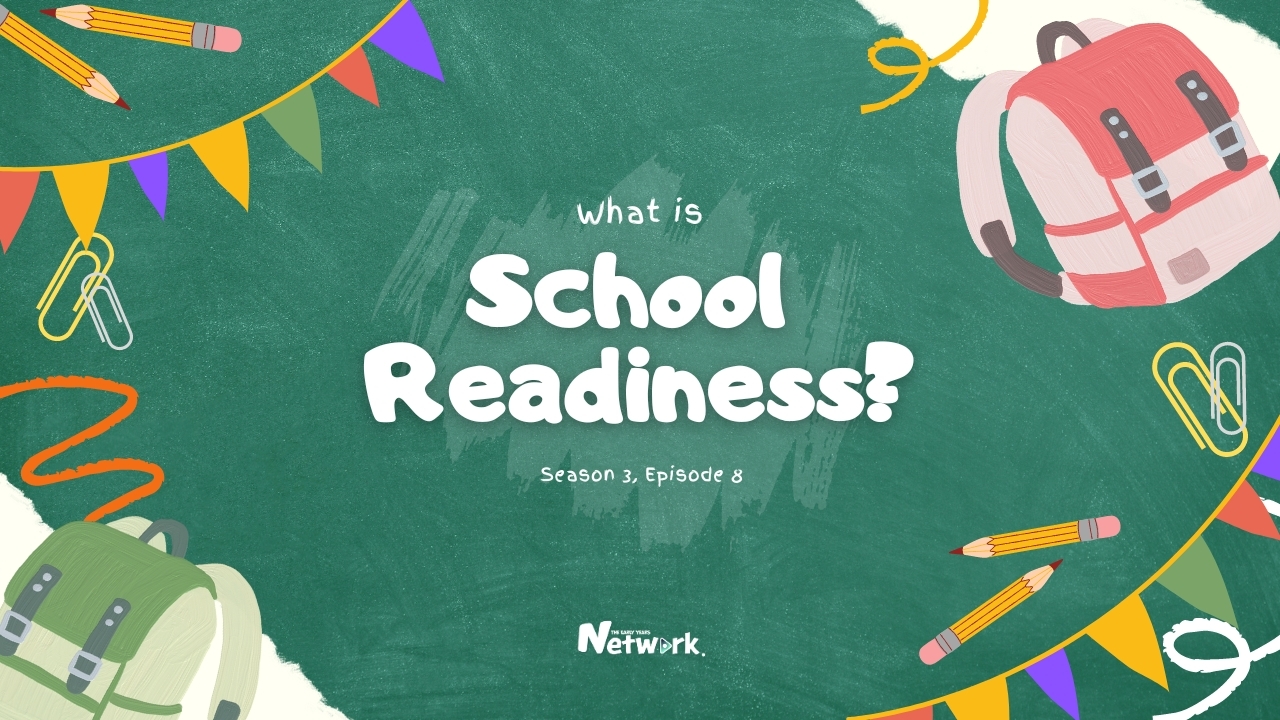
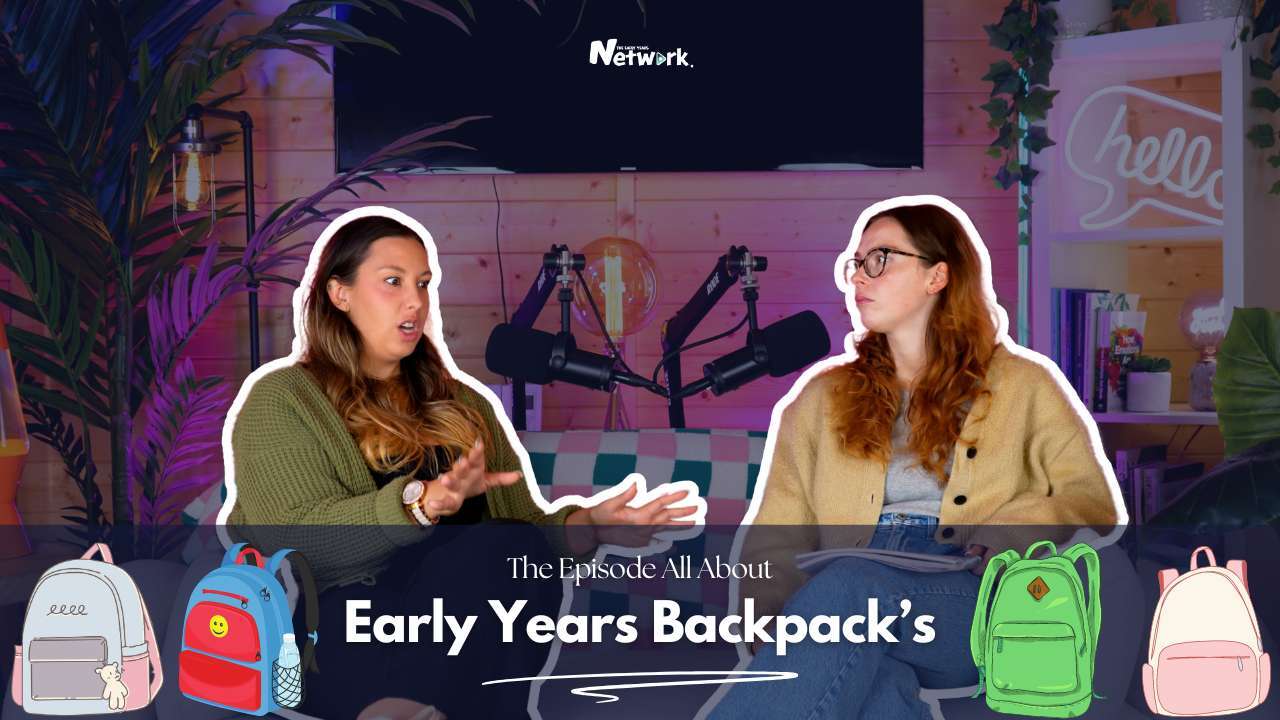
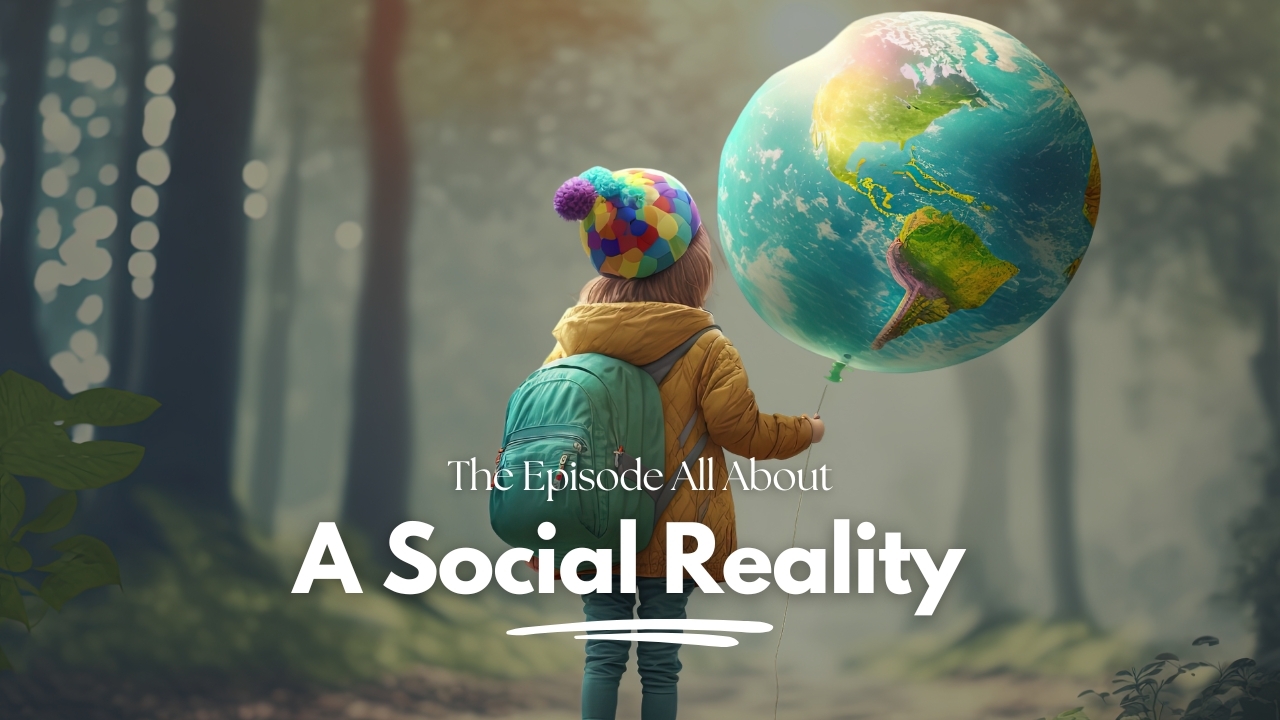
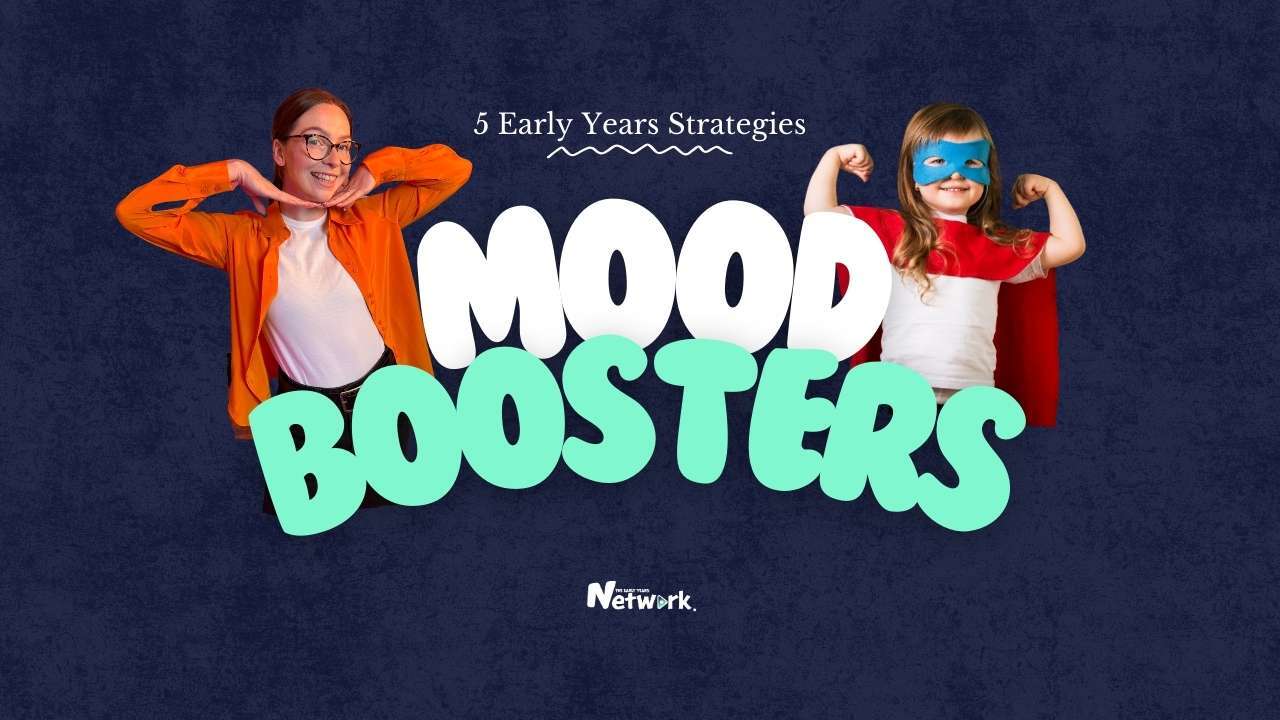
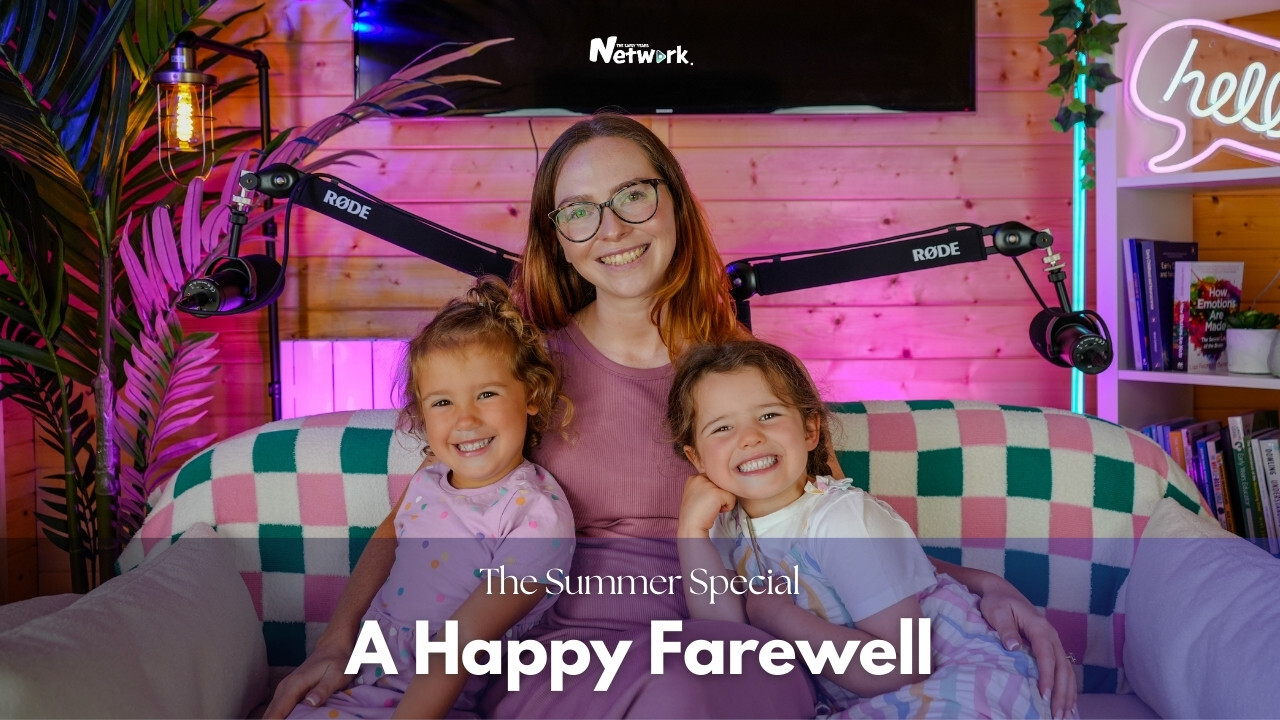

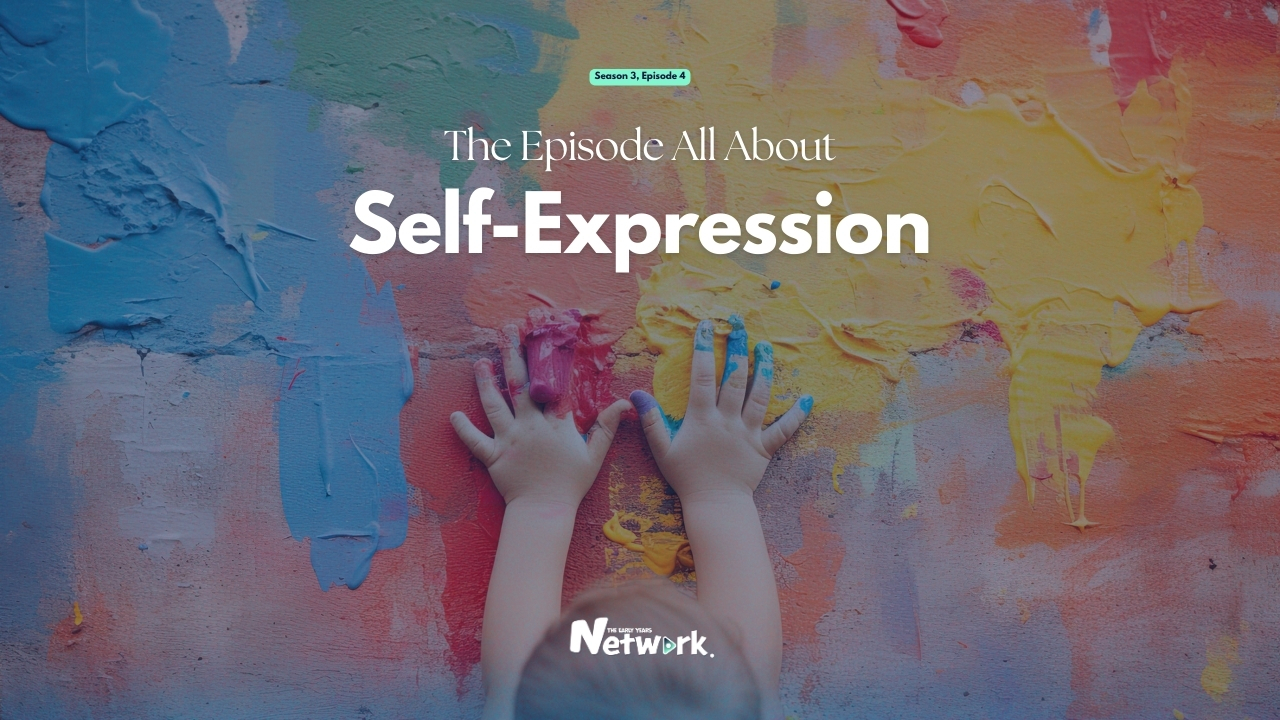
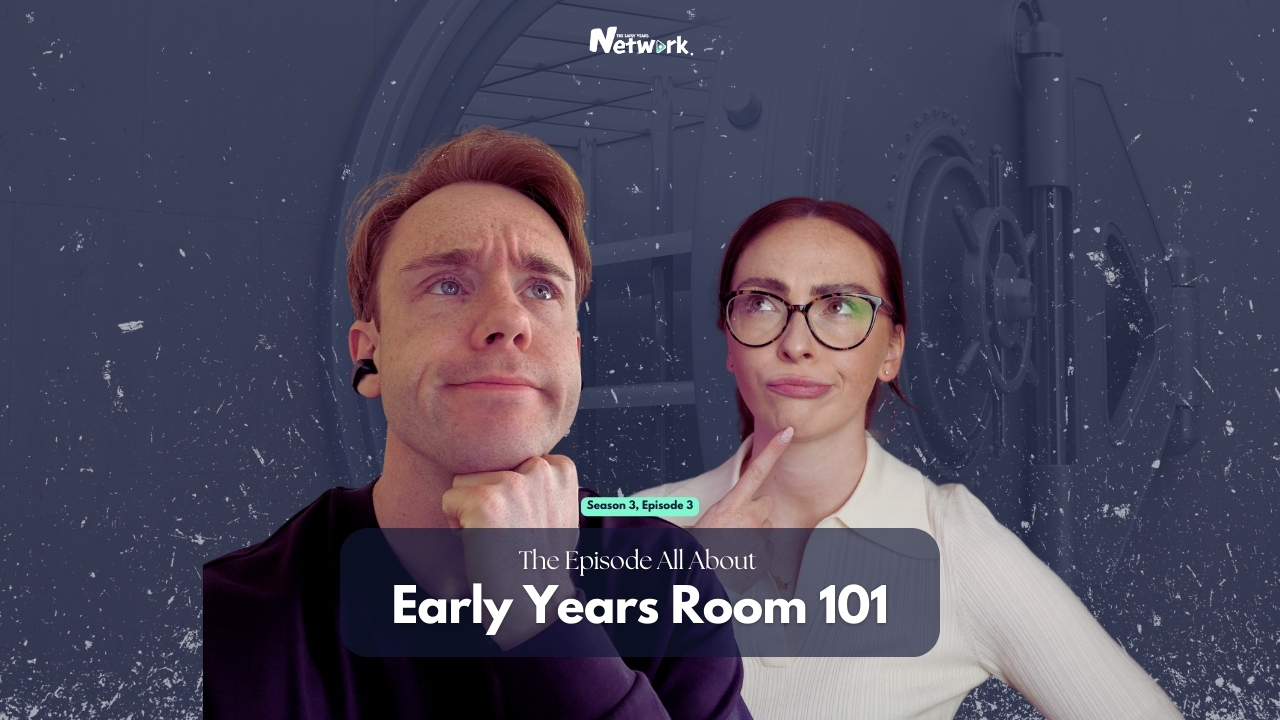
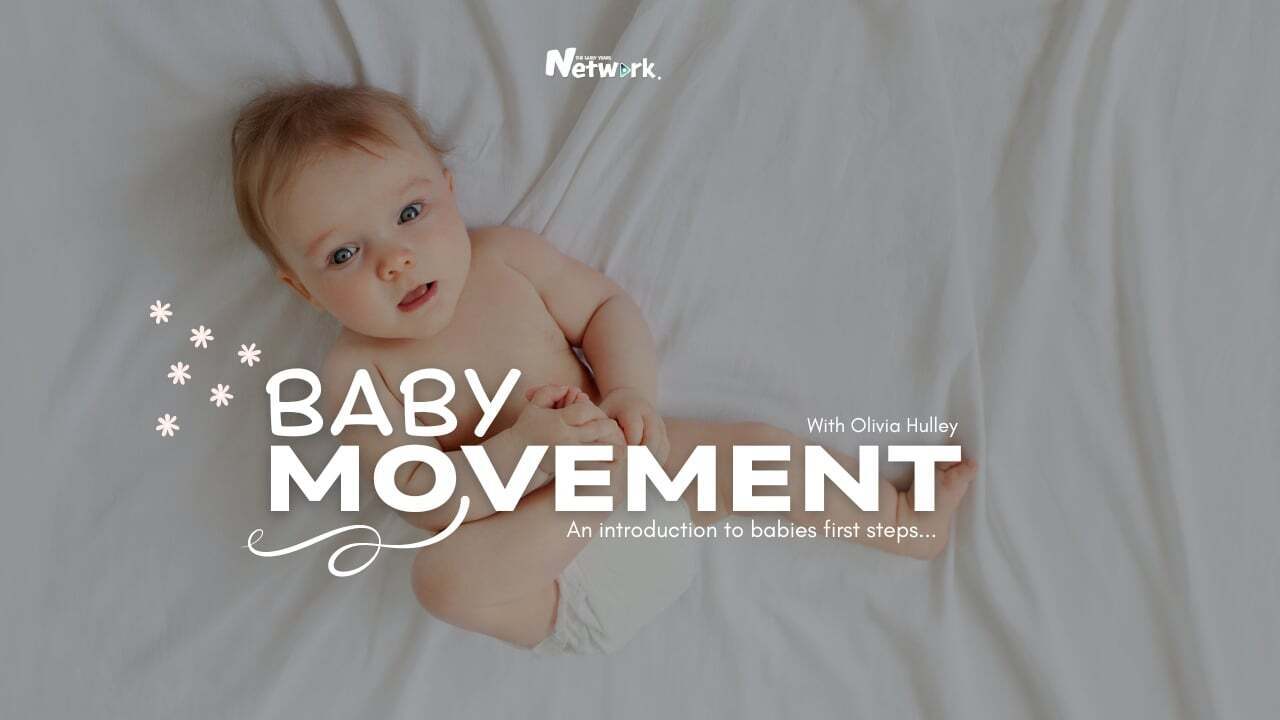
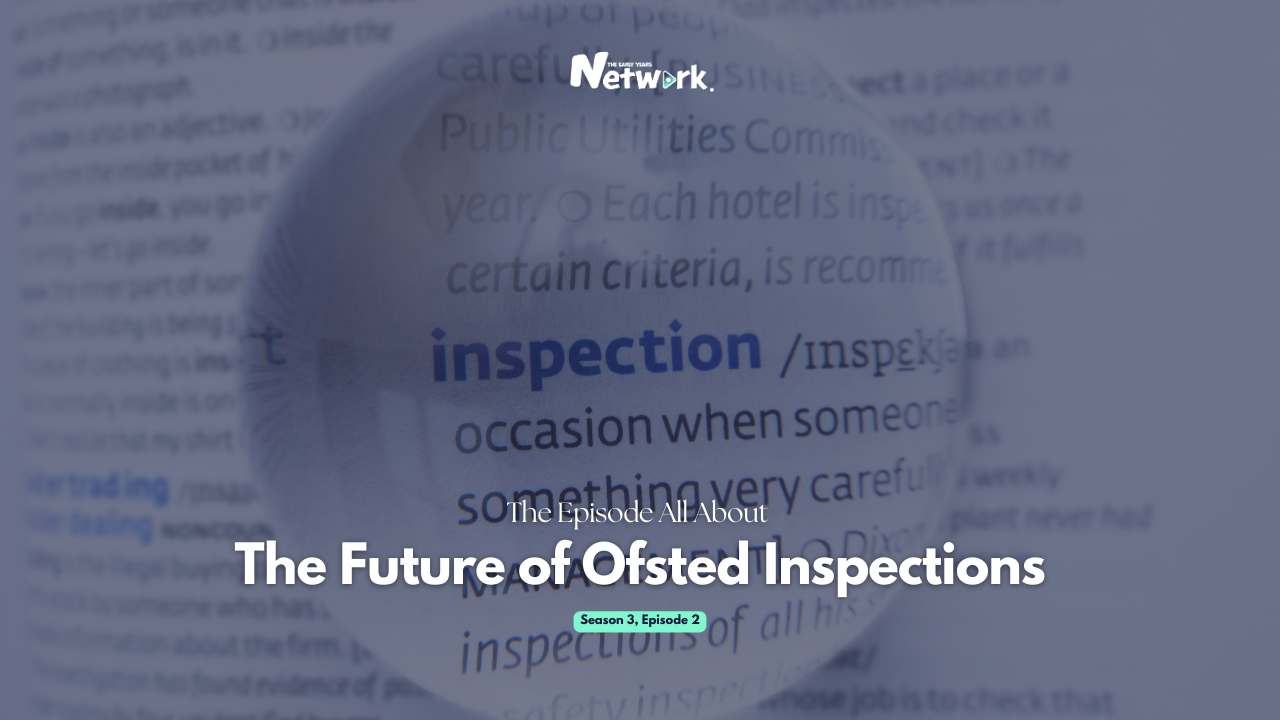
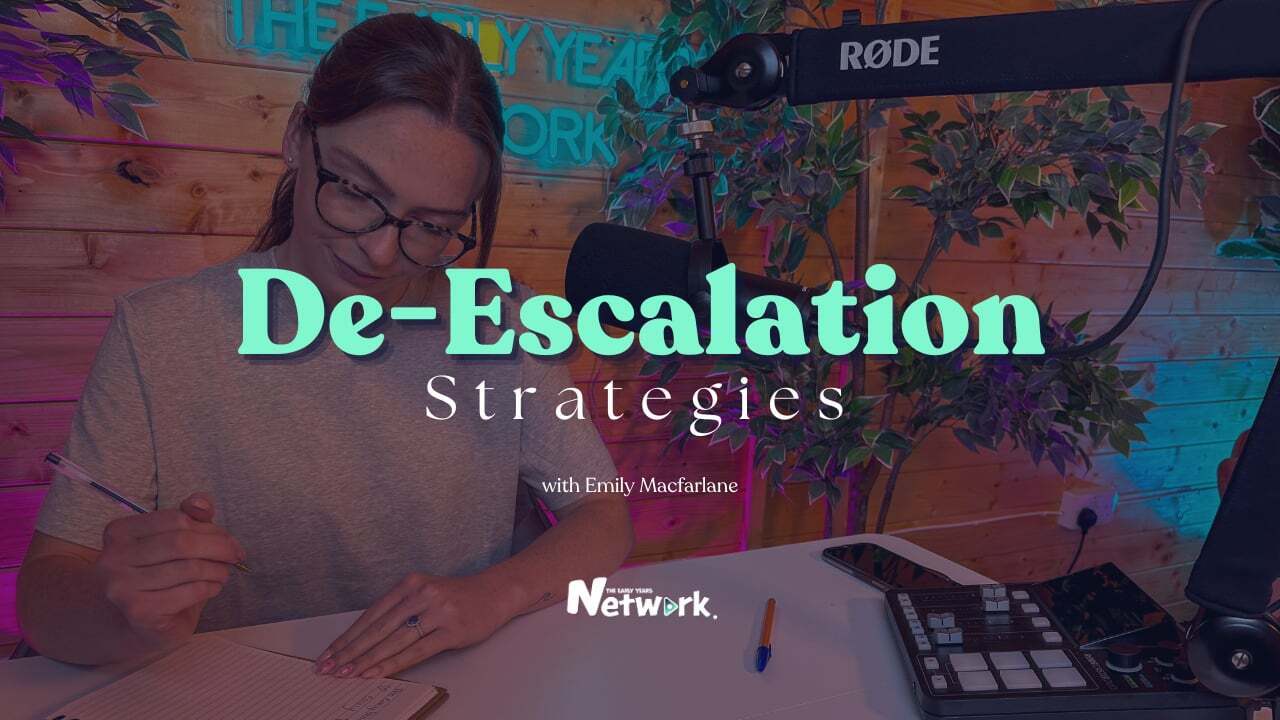
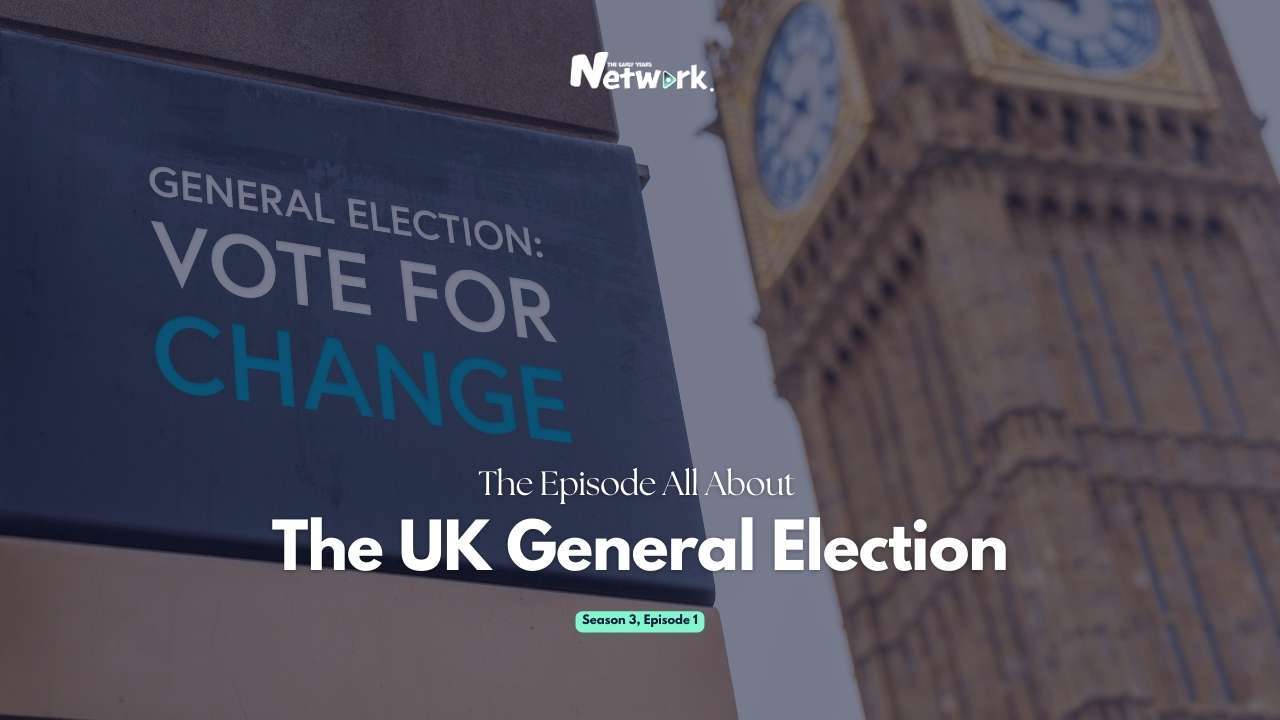

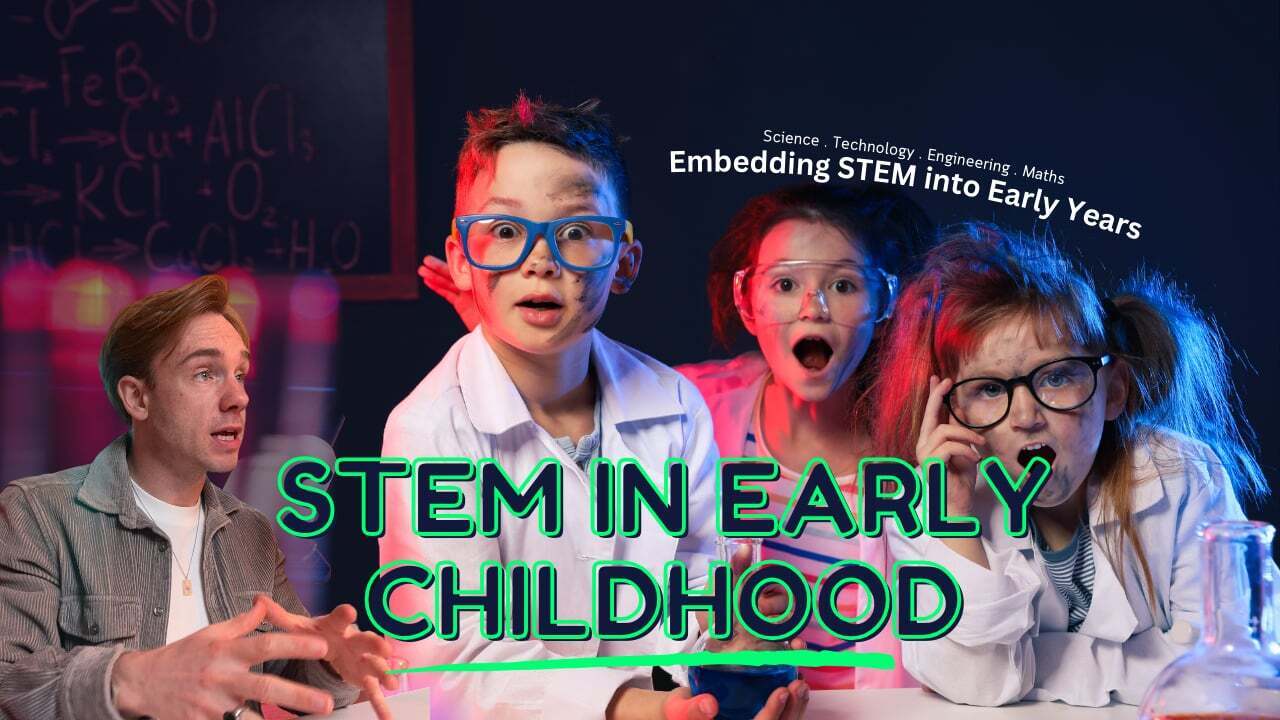
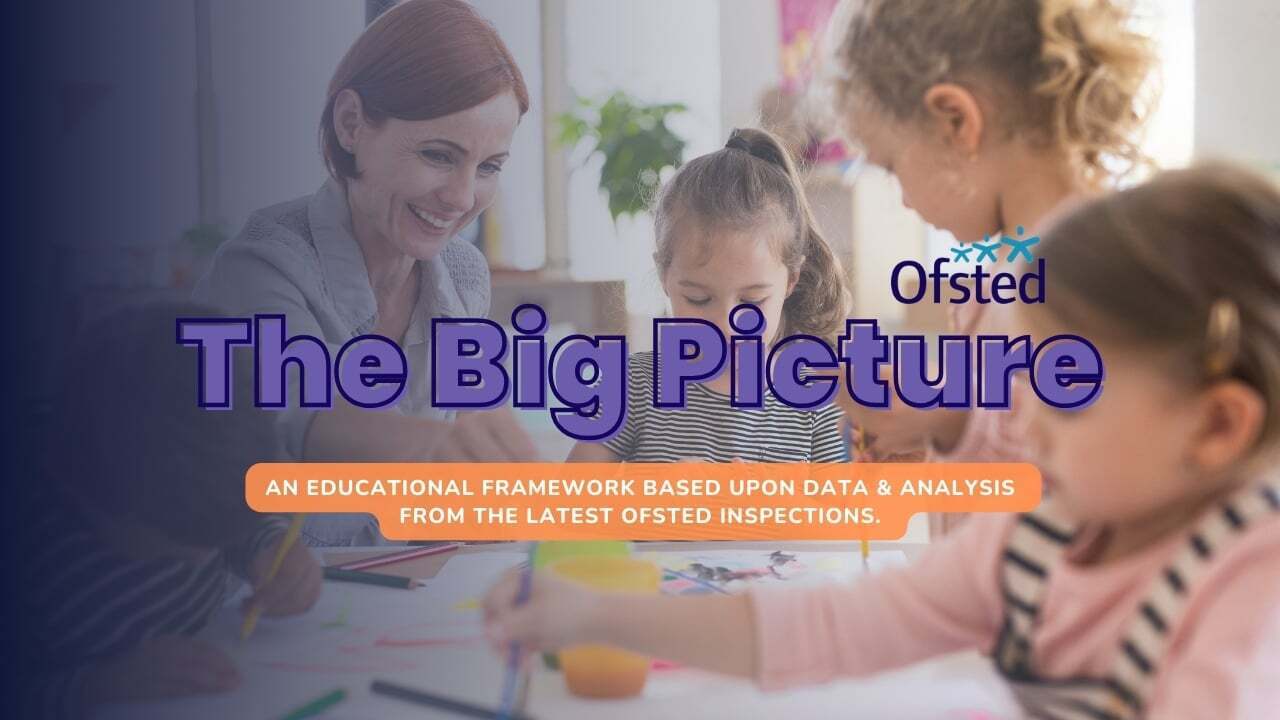
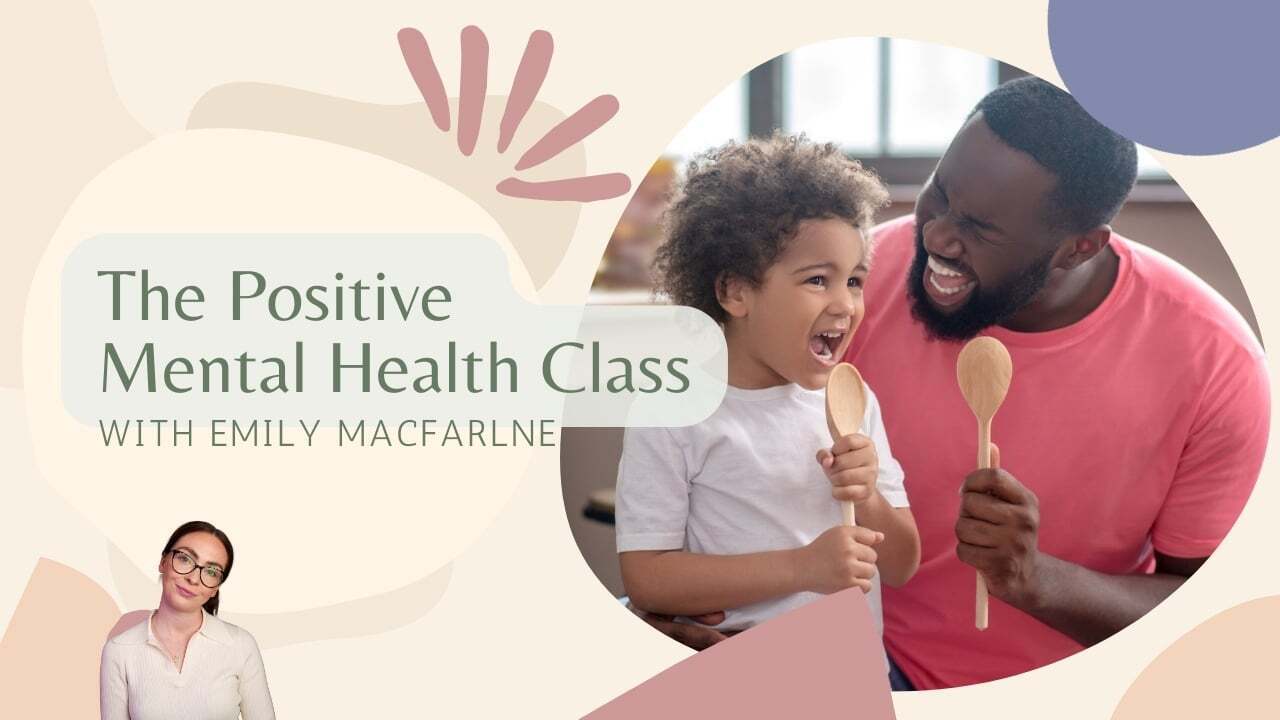
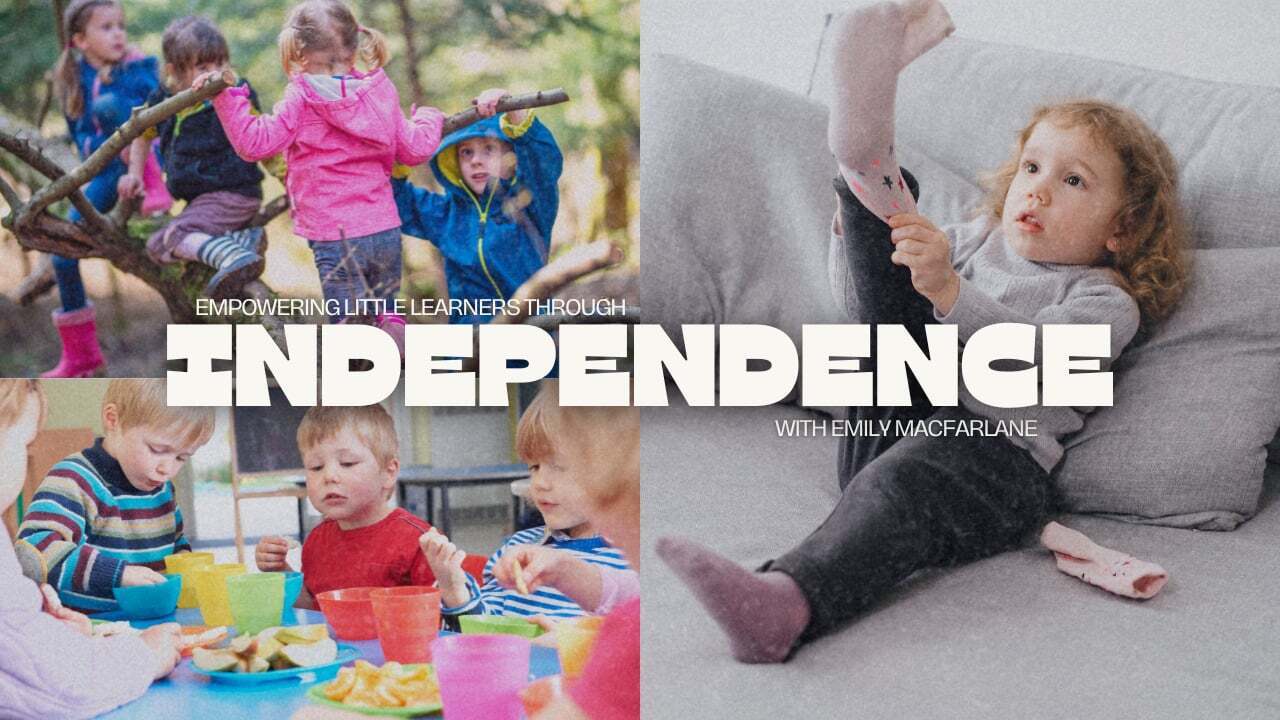
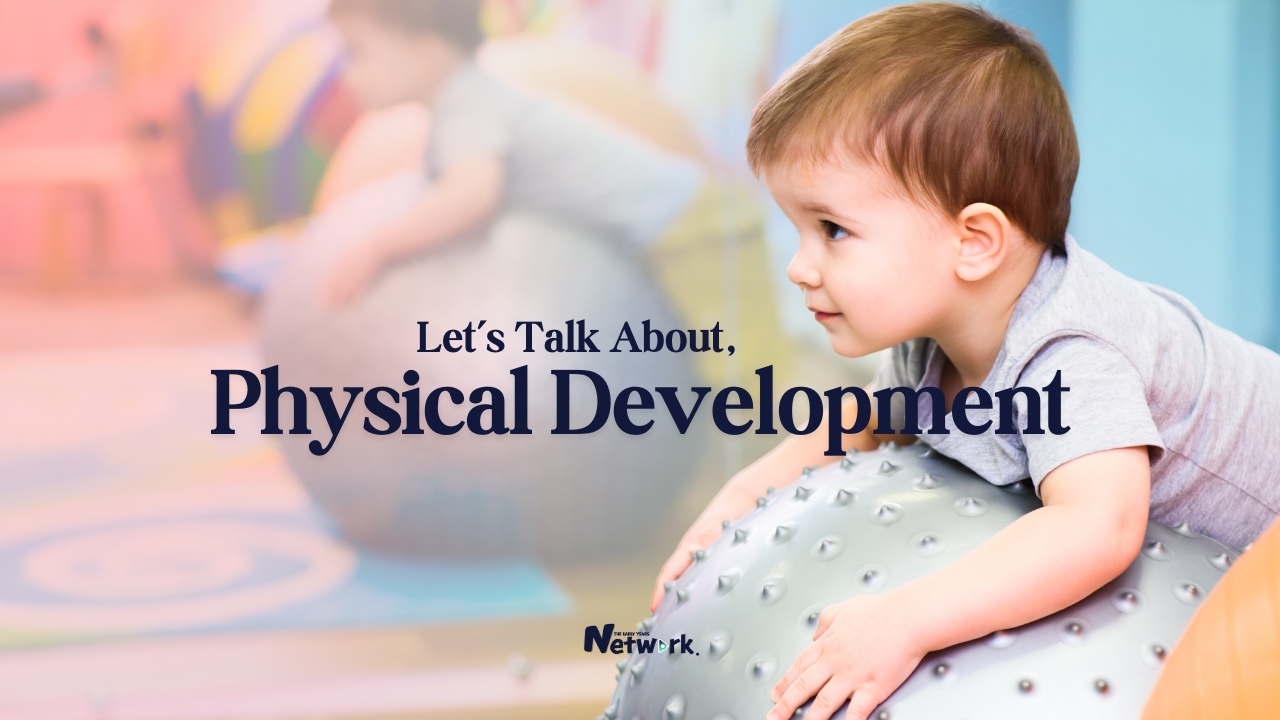
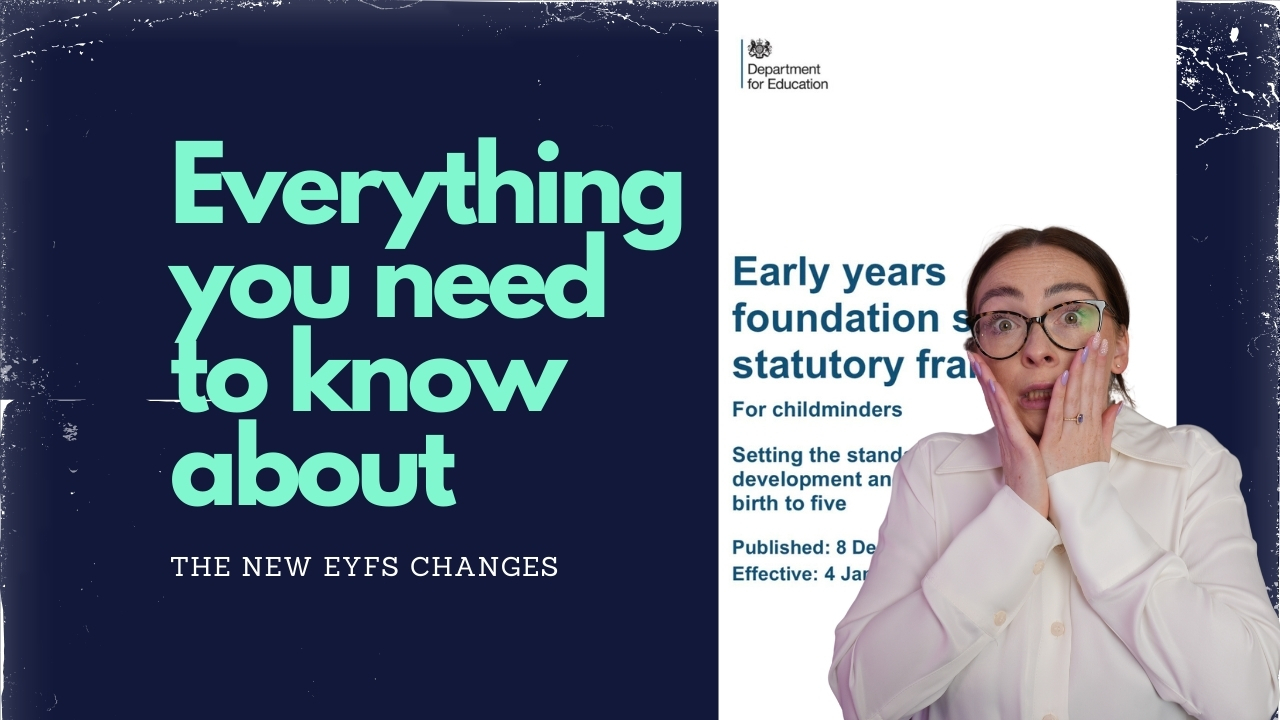

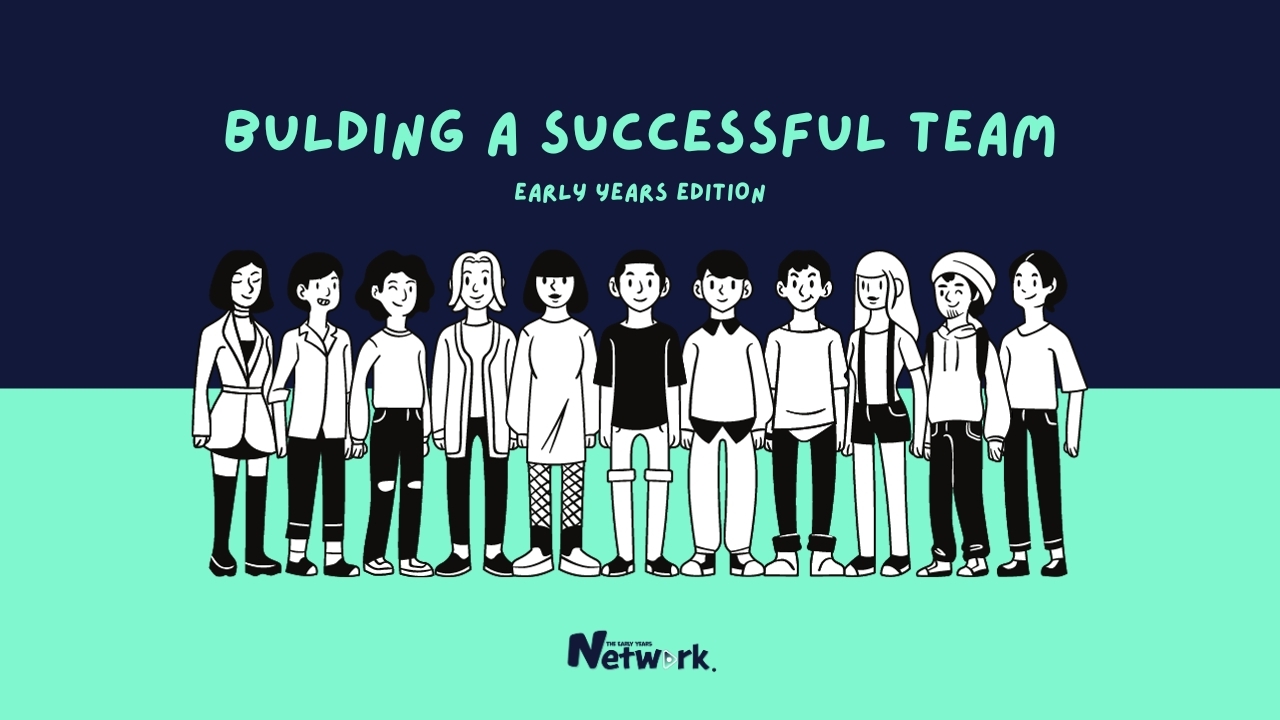

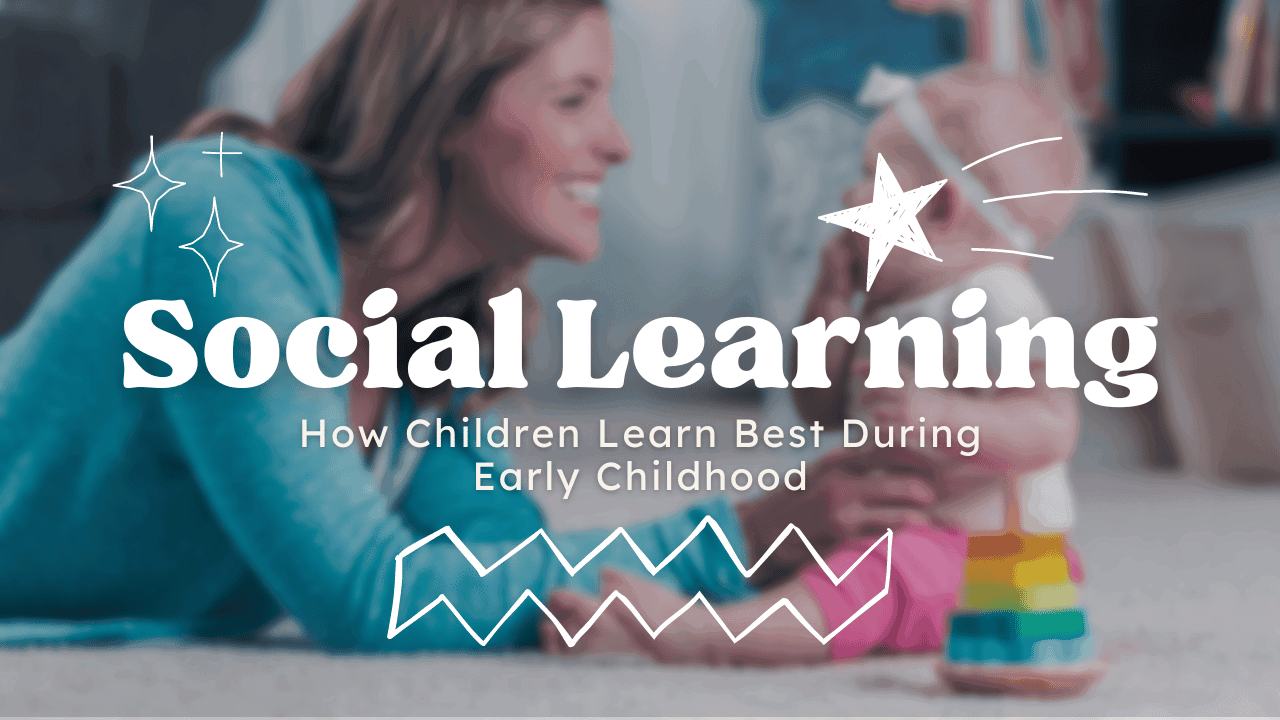


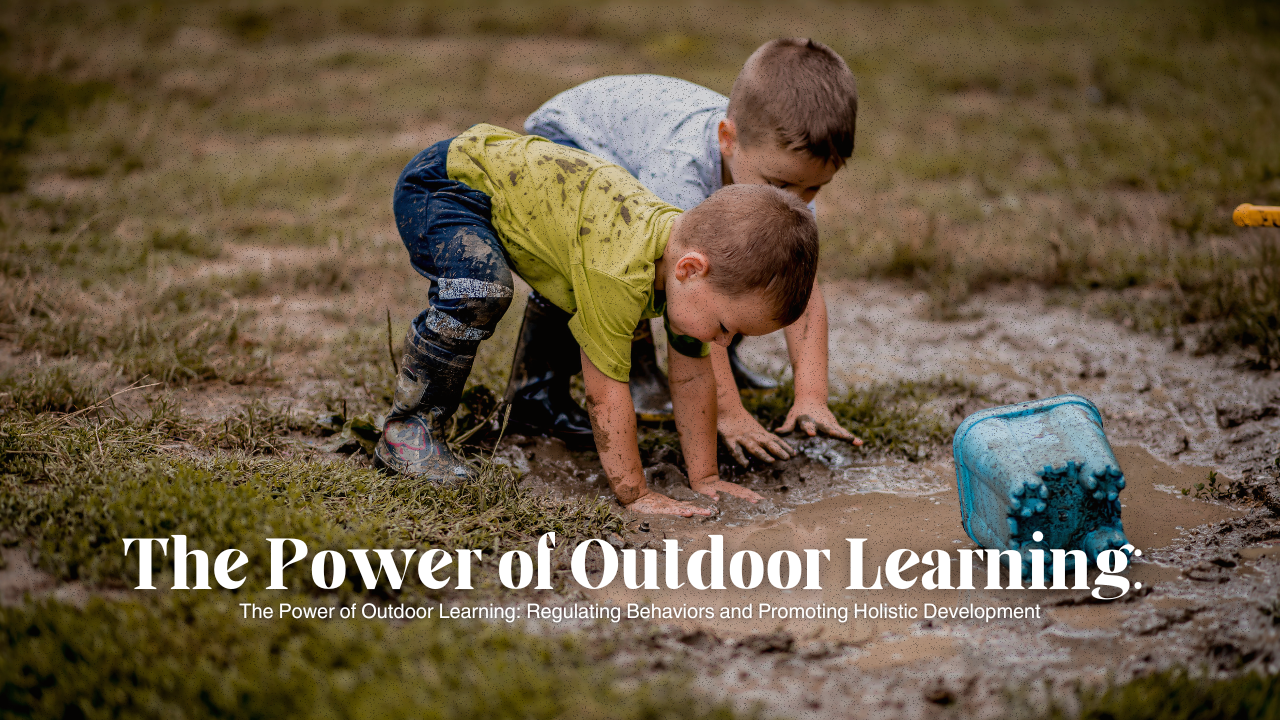
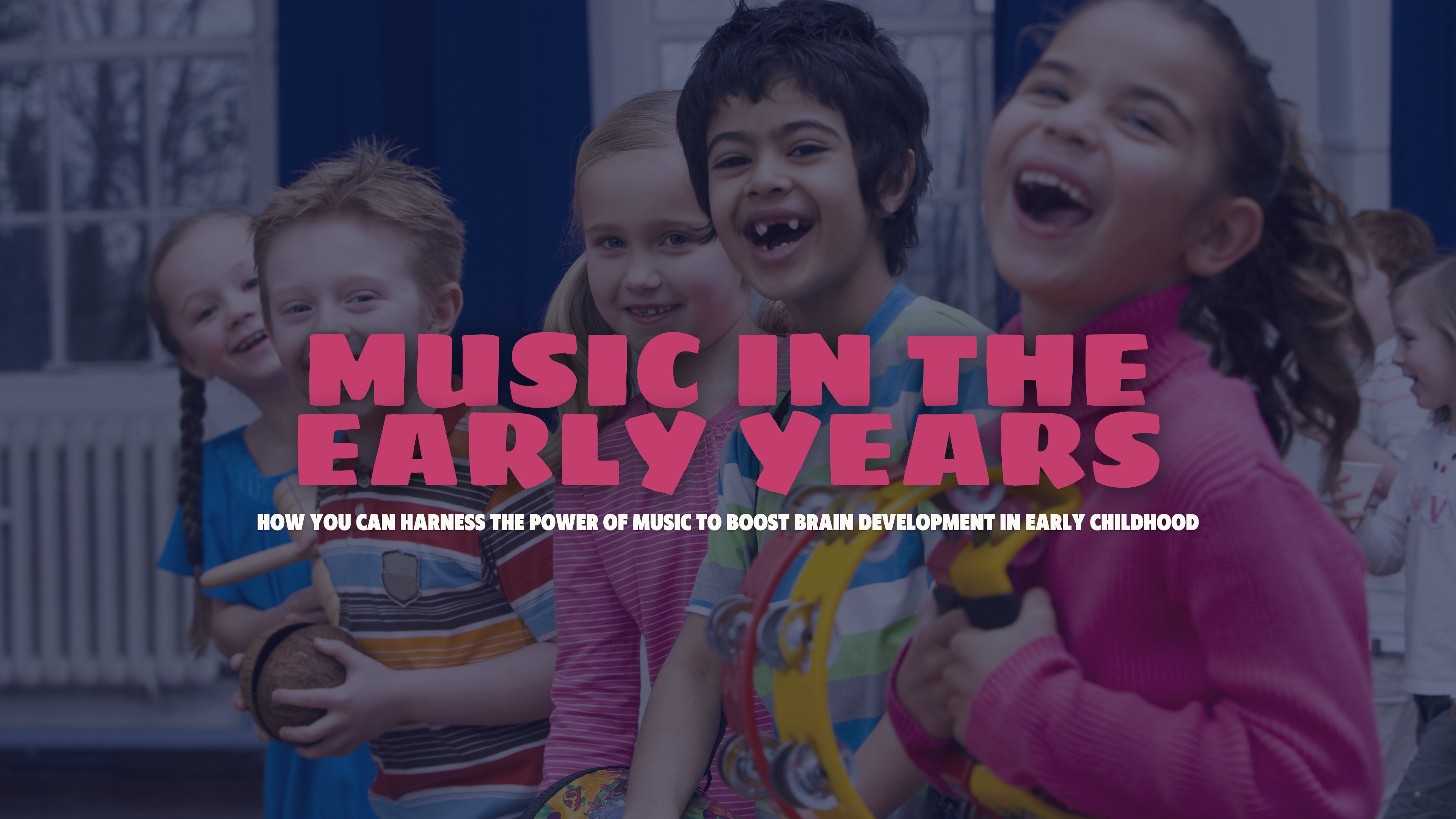
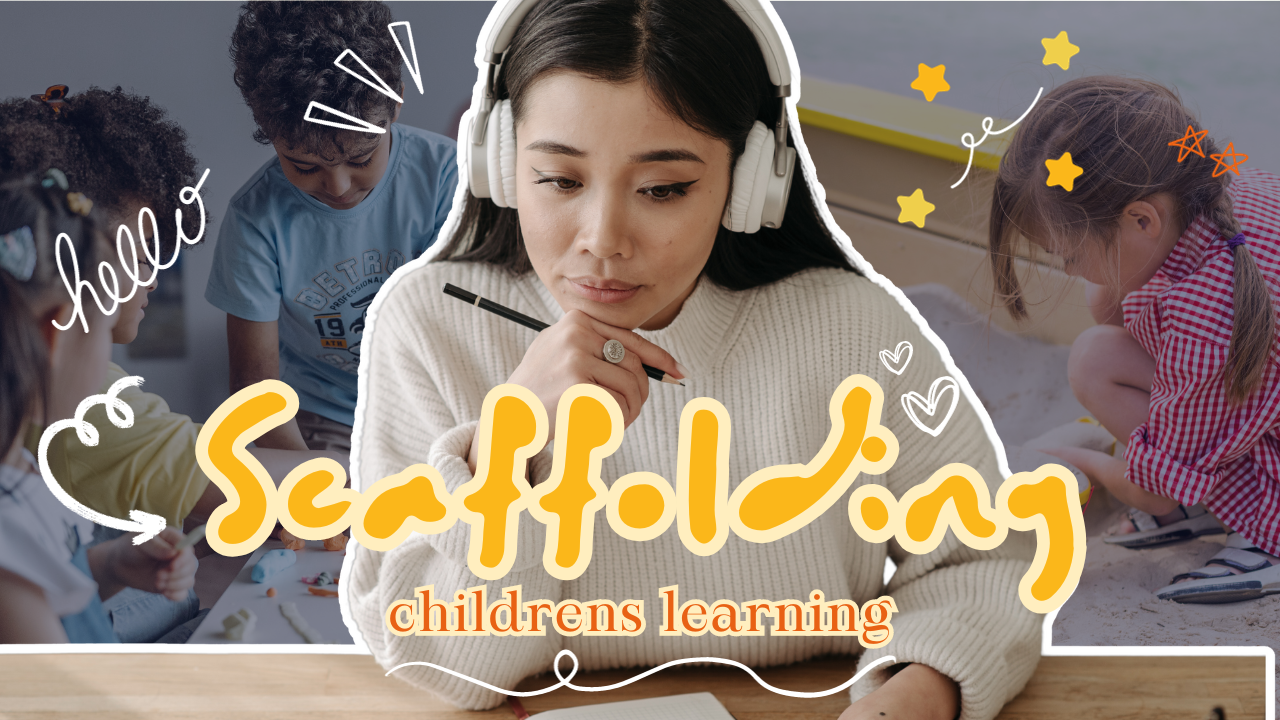
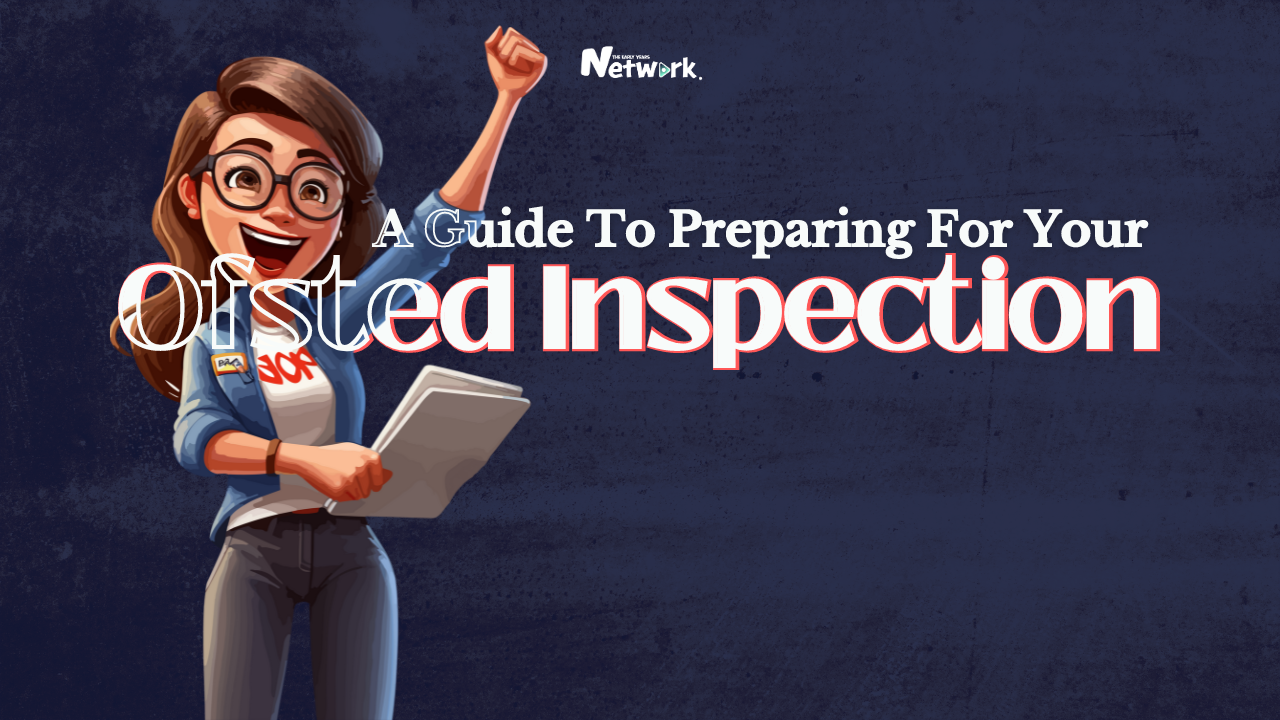
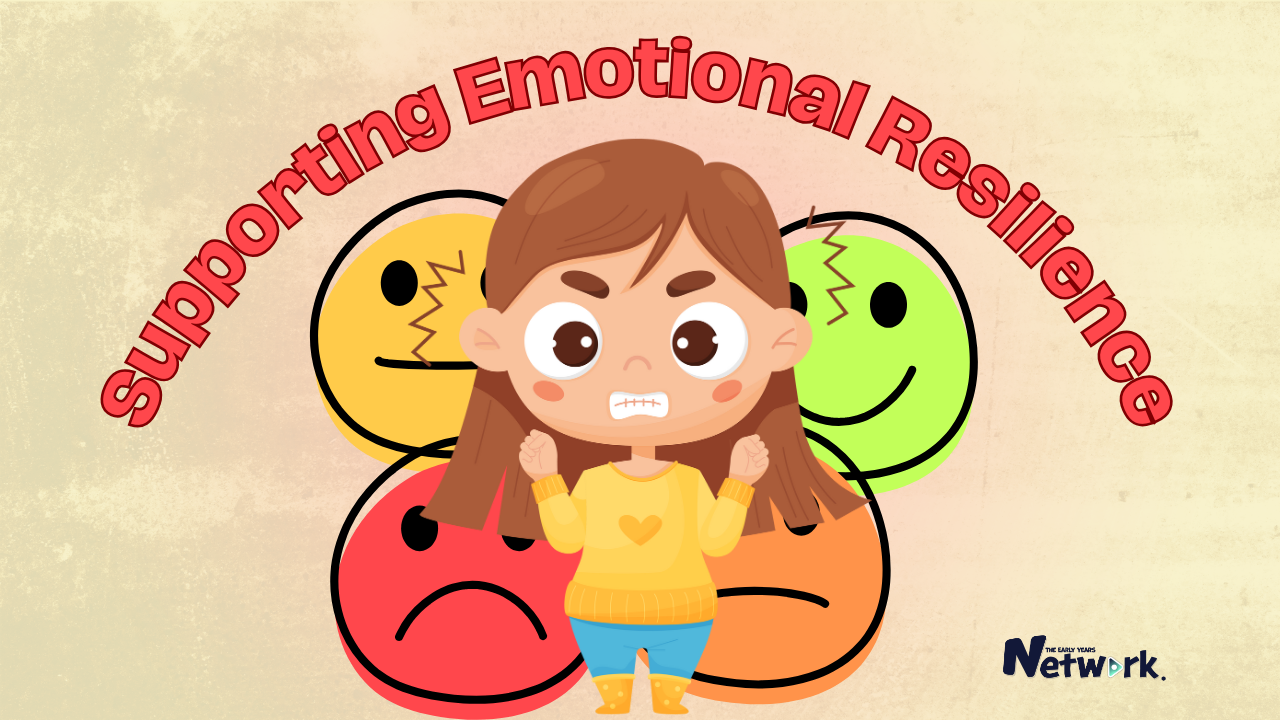
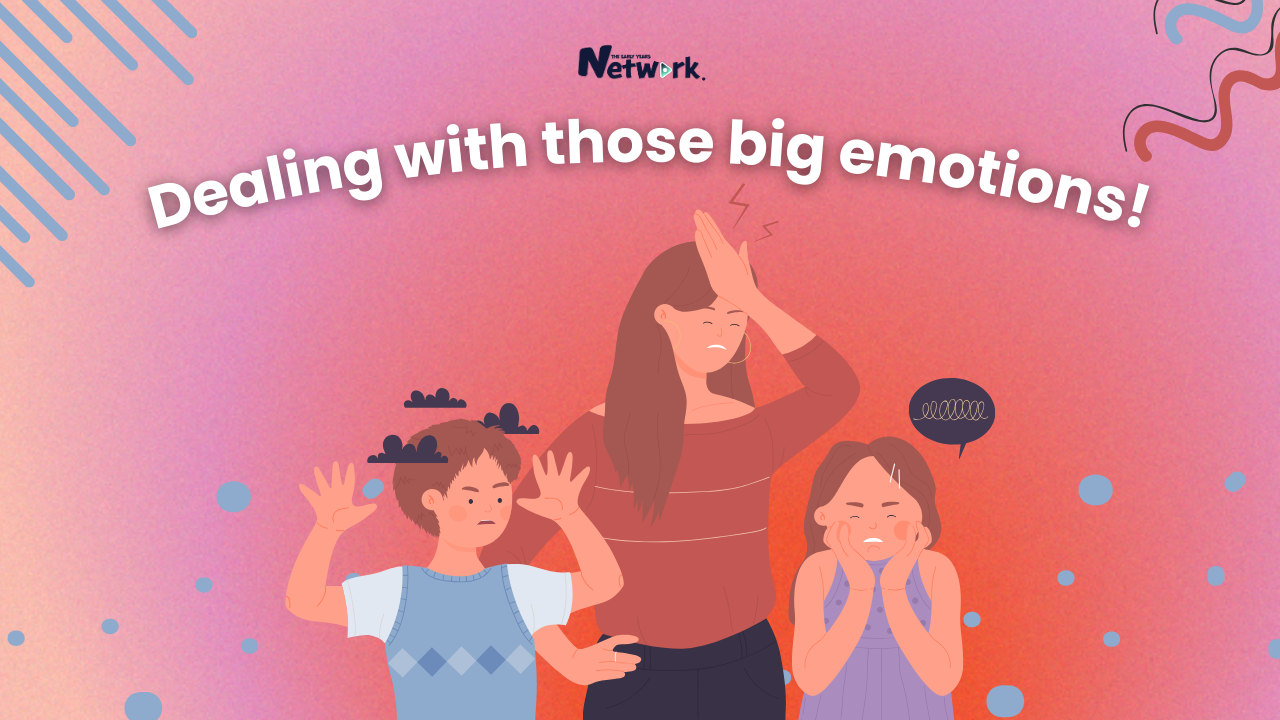
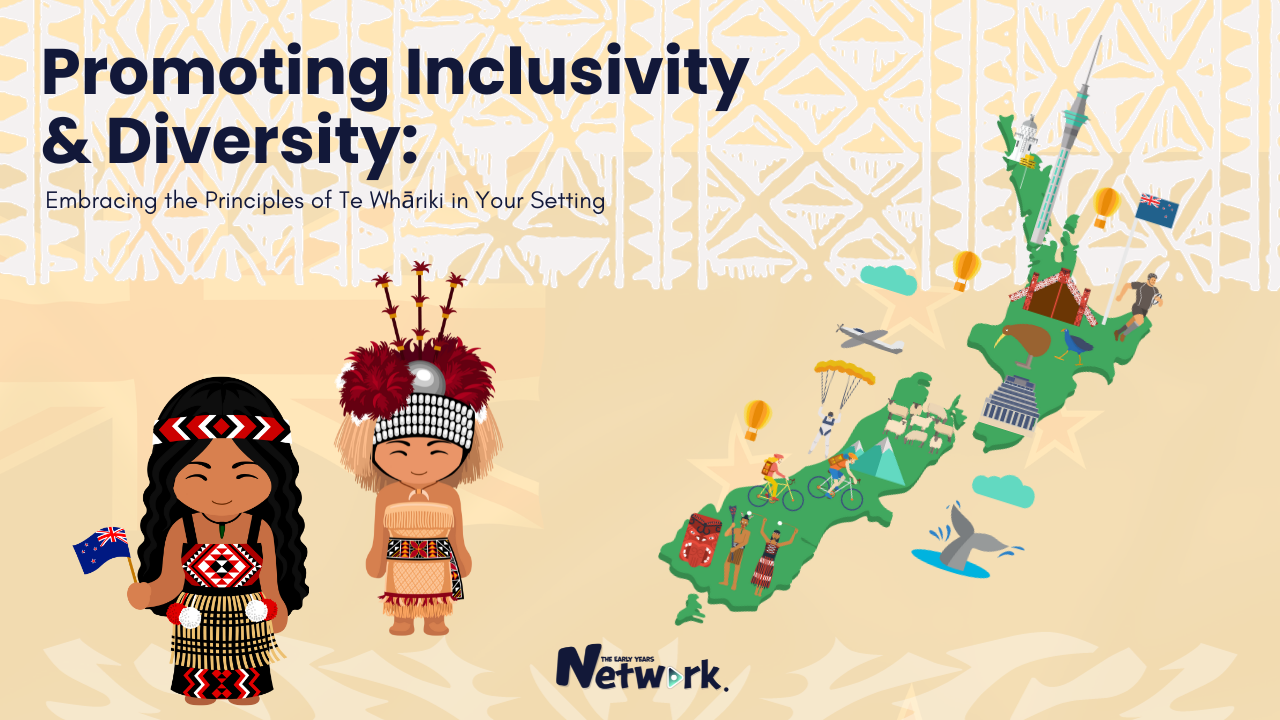
Comments 0
Leave a comment
Only your name will be published. Required fields are marked *